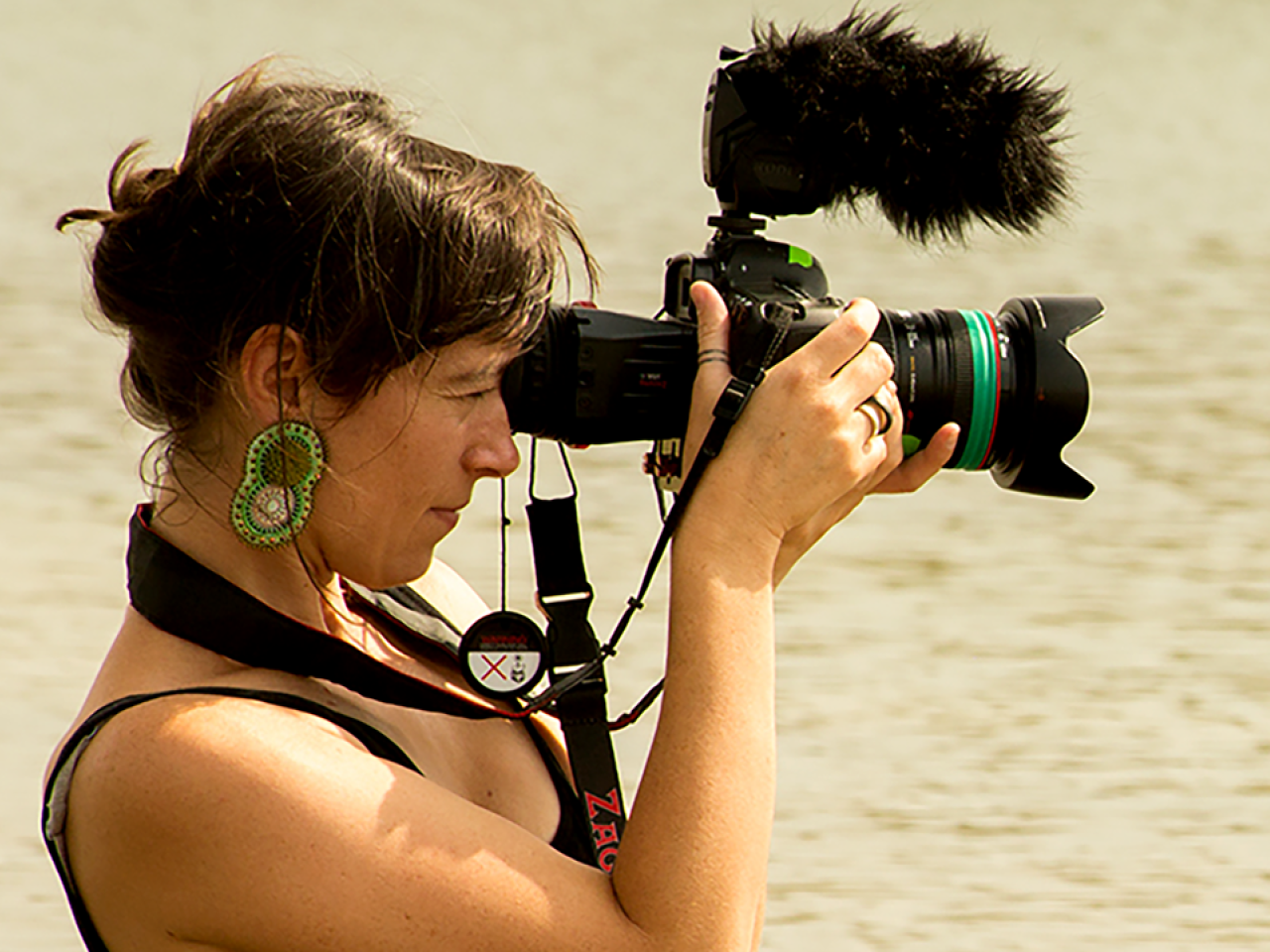Meet New Day: Willow O'Feral

I am a director, producer, and cinematographer, from Northern California but now living in Southern Vermont.
My film Break the Silence: Reproductive & Sexual Health Stories is an intersectional and inclusive portrait of eighteen cis and trans women's lived experiences in regards to our sexual and reproductive health. This encompasses everything from menstruation, birth control, hormone therapy, relationships, childbirth, gender confirmation surgery, sex, abortions, rape, medical/gyno experiences, STIs, pregnancy, and more. It's a very straightforward but powerful format: one woman at a time, framed head-and-shoulders against a white backdrop, speaking with refreshingly frank, direct and sometimes hilarious poignancy about taboo subjects.
I made the film because these were stories I wanted to hear! I think the shroud of taboo that exists around our sexual and reproductive lives needs to be ripped away in order to create the kind of vibrant, safe, fun and whole sexual/reproductive lives that we all deserve to have.
All of the 18 women in the film are from my community, though I didn't know all of them personally at the time of filming. There were a lot of revelations for me in this process. For example, one of my “ice-breaker” questions, "Tell me about your first sexual experiences," revealed that fully HALF of the women I interviewed were raped or molested in their first sexual experiences as children or teens. That was emotionally devastating.
On a lighter note, one of my other icebreaker questions, "do you remember your first period?", revealed a funny through-line – many women got their very first period at their grandmother's house! I am tempted to imagine that it's a matrilineal kind of thing...
Adapting to the needs and desires of the women I interviewed was an important part of the process and it lead me to assure that everyone was given the option of having someone they felt particularly safe with interview them. For example, one woman of color asked that she be interviewed by another woman of color. The transgender women in the film all had transgender interviewers, and that was really important in building trust and openness.
I’m often asked, "How did the women in your film feel so safe and how did you get such honest and vulnerable stories from them!?” I think the incredible intimacy is because the interviews were more like three-way conversations, gab-fests about all the stuff we don't normally get to talk about with each other. Just get a group of women talking openly about their sexual and reproductive lives, and it gets real REAL fast.